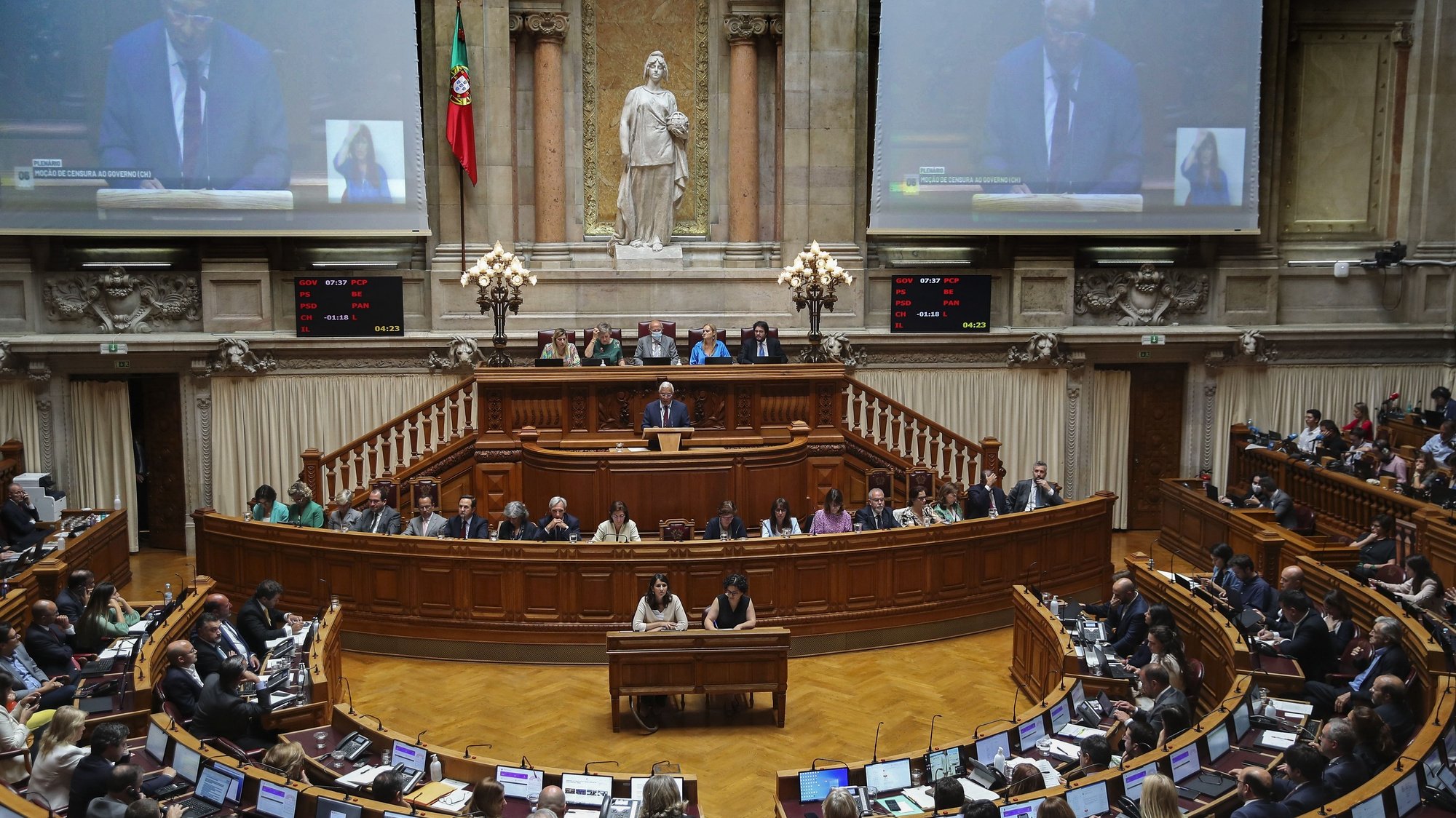The parties will try to agree on a common text based on the bills presented by PS, BE, IL and PAN that seek to regulate the decriminalization of assisted medical death.
So, let’s make an attempt at a common text, similar to what happened in the past,” announced the coordinator of the working group, Maria Antónia Almeida Santos, at Thursday’s meeting, noting that then there will have to be “time to make the corrections. “what needs to be done”.
Earlier, the PS deputy pointed out that “there is still a week to go” before the deadline for submitting amendments ends, but he considered that if no party does so, there are conditions for trying to “present a common text”.
At that time, the only deputy who asked to speak was Patrícia Gilvaz, from the Liberal Initiative, who pointed out that the party detected “detailed details”, but that “they are not enough” to justify a reform proposal.
“We understand that together, by talking in the working group, we can find a solution or a common text,” he defended.
At this Thursday’s meeting, the working group that works on the diplomas on the decriminalization of assisted medical death agreed to the face-to-face hearing, proposed by Chega, of Teresa Tomé Ribeiro, doctor in bioethics and adjunct professor at the Escola Superior de Enfermagem do Harbour.
The audition was scheduled for Friday morning.
The coordinator of the working group pointed out that, within the framework of this process, more than 40 entities had already been heard and were informed that, once the deadline for submitting proposals had expired, only Chega proposed more auditions.
Chega had also proposed the joint hearing of the Hindu Community, the Islamic Community of Lisbon, the Israeli Community of Lisbon, the Orthodox Church, the Ecumenical Patriarchate of Constantinople, the Portuguese Buddhist Union and the Portuguese Union of Seventh-day Adventists, in addition to the Catholic Church and the Evangelical Catholic Church, which the coordinator indicated had already been heard within the scope of the Interreligious Working Group, in 2020.
After listening to the arguments of the different parties, it was agreed that these entities will be contacted by parliament to express their views in writing if they so wish.
Asked by the PSD about the justification for choosing these religious confessions and not others, deputy Pedro Frazão, from Chega, pointed out that “the criterion was to try to make a list with the most representative ones in Portugal, without leaving aside the minority ones. ”.
On June 9, the Assembly of the Republic approved in general the four projects PS, BE, IL and PAN that regulate the decriminalization of assisted medical death and now they start working in the specialty.
In the vote for the four diplomas, the majority of the deputies from the PS bloc -including the parliamentary leader, Eurico Brilhante Dias- and also from the BE, Liberal Initiative and the sole deputies from Livre, Rui Tavares, and from the PAN, Inês Royal Souza.
They voted against the Chega and PCP caucuses and the overwhelming majority of PSD deputies, including parliamentary leader Paulo Mota Pinto and general secretary José Silvano.
With the approval of the projects in general, the four projects passed to the parliamentary committee on Constitutional Affairs, Rights, Freedoms and Guarantees (of which the working group is a part) for debate in the specialty.
The common text must still be approved in a global final vote, after which it will be sent to the President of the Republic.
Source: Observadora
